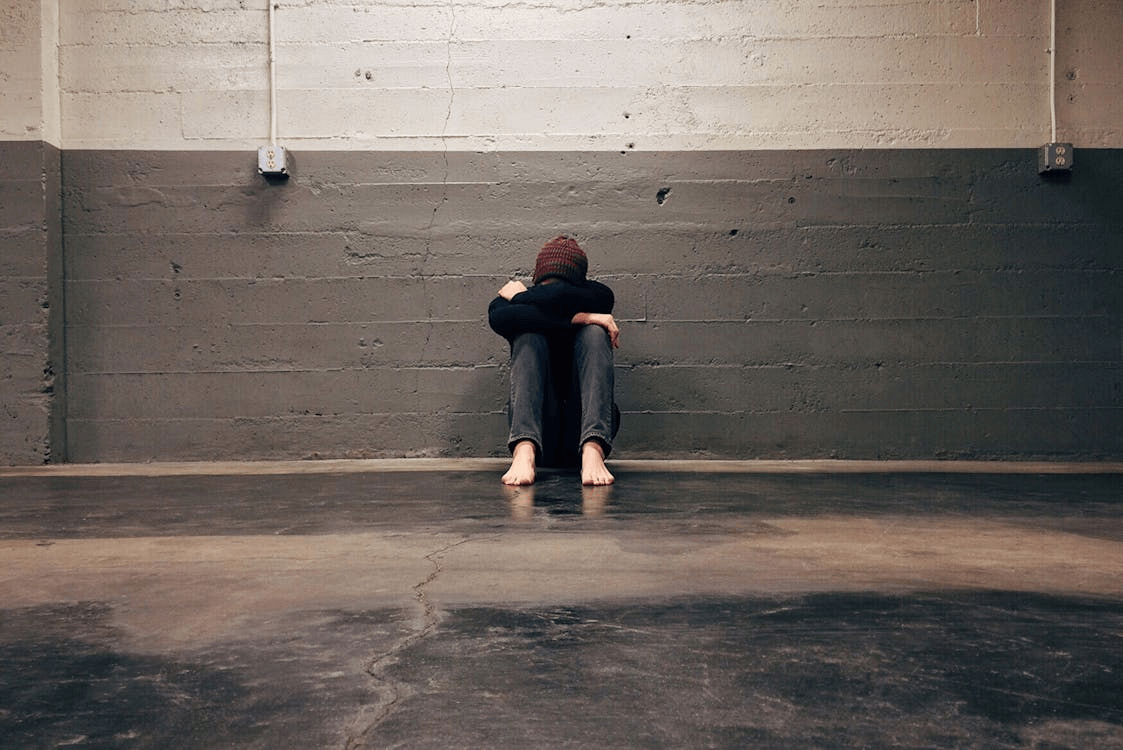Navigating Mental Health: Coping with Anxiety and Depression

In today's fast-paced world, mental health challenges like anxiety and depression have become increasingly common. These conditions can significantly impact our daily lives, but with the right understanding and strategies, managing them becomes much more attainable.
In this article, we'll delve into the symptoms, treatments, and effective coping mechanisms for navigating mental health and coping with anxiety and depression.
Understanding Anxiety and Depression
Anxiety and depression are more than just occasional stress or sadness. They are complex mental health conditions that require attention and care.
Anxiety
Anxiety is characterized by persistent feelings of worry, nervousness, or fear. Common symptoms include:
- Restlessness or feeling on edge
- Fatigue
- Difficulty concentrating
- Irritability
- Muscle tension
- Sleep disturbances
Depression
Depression involves persistent feelings of sadness, hopelessness, and a lack of interest or pleasure in activities. Symptoms of depression can include:
- Persistent sad or empty mood
- Loss of interest in hobbies and activities
- Changes in appetite and weight
- Sleep disturbances
- Low energy or fatigue
- Difficulty concentrating
- Feelings of worthlessness or guilt
- Thoughts of death or suicide
Common Triggers of Anxiety and Depression
Recognizing the triggers of anxiety and depression is crucial in managing these conditions effectively.

- Stressful Life Events:
- Life changes such as the loss of a loved one, job changes, or relationship issues can trigger anxiety and depression.
- Genetics:
- A family history of anxiety or depression can increase the likelihood of developing these conditions.
- Medical Conditions:
- Chronic illnesses, hormonal imbalances, and other health issues can contribute to anxiety and depression.
- Substance Abuse:
- Alcohol and drug use can exacerbate symptoms of anxiety and depression.
- Environmental Factors:
- Living in a stressful environment or experiencing trauma can be significant triggers.
Effective Treatments for Anxiety and Depression
There are various treatments available to help manage anxiety and depression. Finding the right approach requires a combination of different methods tailored to individual needs.
Psychotherapy
- Cognitive Behavioral Therapy (CBT):
- CBT helps individuals identify and change negative thought patterns and behaviors. It's a powerful tool for managing anxiety and depression by teaching practical skills.
- Dialectical Behavior Therapy (DBT):
- Combining CBT with mindfulness, DBT helps manage intense emotions and improve relationships, making it a versatile treatment option.
- Interpersonal Therapy (IPT):
- IPT focuses on improving interpersonal relationships and communication patterns, which can significantly reduce symptoms of anxiety and depression.
Medications

- Antidepressants:
- Medications like SSRIs and SNRIs are commonly prescribed to treat depression and anxiety. They help by balancing chemicals in the brain that affect mood.
- Anti-Anxiety Medications:
- Benzodiazepines and other medications can provide short-term relief of severe anxiety symptoms, though they are typically used with caution due to potential dependency.
- Mood Stabilizers:
- These medications are used to treat mood disorders that often accompany anxiety and depression, helping to maintain emotional balance.
Coping Strategies for Better Mental Health
In addition to professional treatment, several coping strategies can help manage anxiety and depression on a daily basis.
Healthy Lifestyle Choices
- Regular Exercise:
- Physical activity can boost mood and reduce anxiety by releasing endorphins, the body's natural stress relievers.
- Balanced Diet:
- Eating a nutritious dietcan improve overall well-being and provide the energy needed to cope with daily stressors.
- Adequate Sleep:
- Ensuring sufficient and quality sleep is essential for mental health. A restful night can make a significant difference in mood and anxiety levels.
Mindfulness and Relaxation Techniques
- Meditation:
- Practicing mindfulness meditation can help reduce stress and promote a sense of calm, making it easier to cope with anxiety and depression.
- Deep Breathing Exercises:
- Deep breathing techniques can help manage acute anxiety by calming the nervous system. A few minutes of focused breathing can bring immediate relief.
- Yoga:
- Combining physical movement with mindfulness, yoga can improve both physical and mental health, offering a holistic approach to managing anxiety and depression.
Building a Support System
- Social Connections:
- Maintaining relationships with friends and family can provide emotional support and reduce feelings of isolation. Human connection is a powerful antidote to mental health struggles.
- Support Groups:
- Joining a support group can offer a sense of community and shared understanding with others facing similar challenges. It’s comforting to know you're not alone.
- Professional Help:
- Regular check-ins with a therapist or counselor can provide ongoing support and guidance. Professional insight can help navigate the complexities of mental health.
Find Help At Home
Coping with anxiety and depression requires a multi-faceted approach that includes professional treatment, healthy lifestyle choices, and strong support systems. Virtual doctors at TelMDCare can provide personalized mental health support, offer therapy options, and prescribe appropriate medications.
Take the first step towards better mental health today. Schedule an appointment with an online doctor for mental health to discuss your concerns and receive personalized treatment.